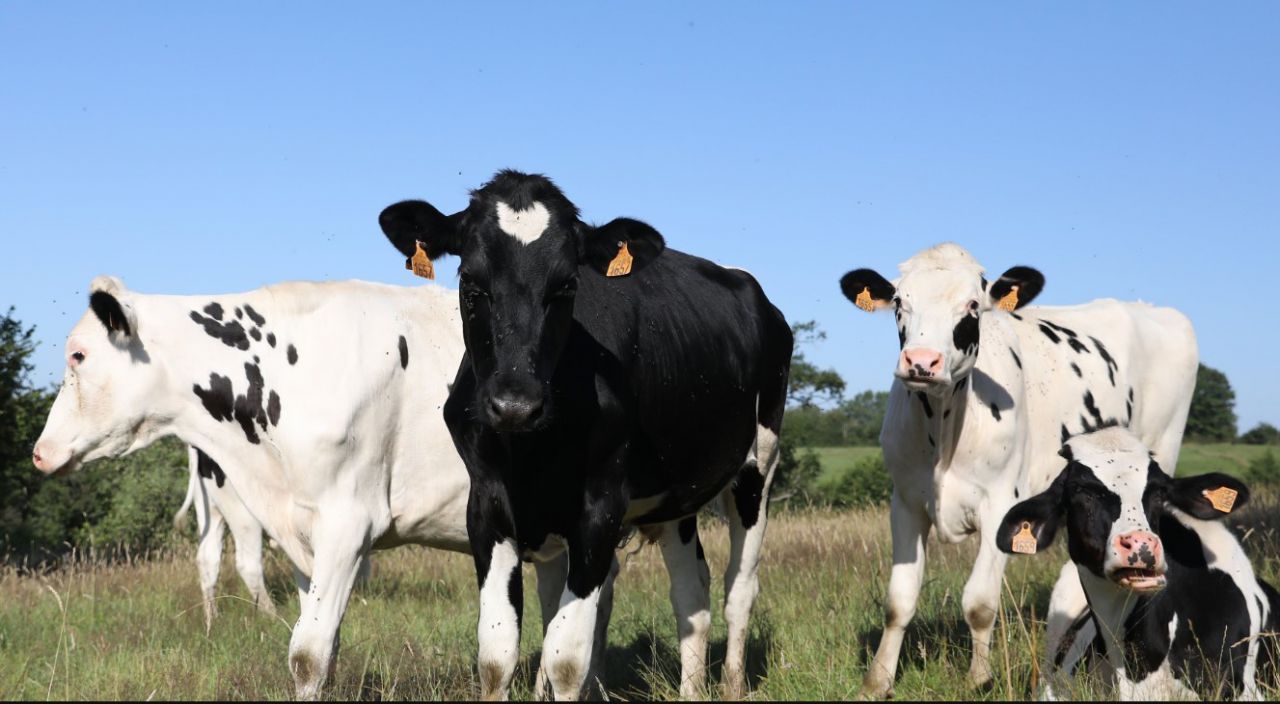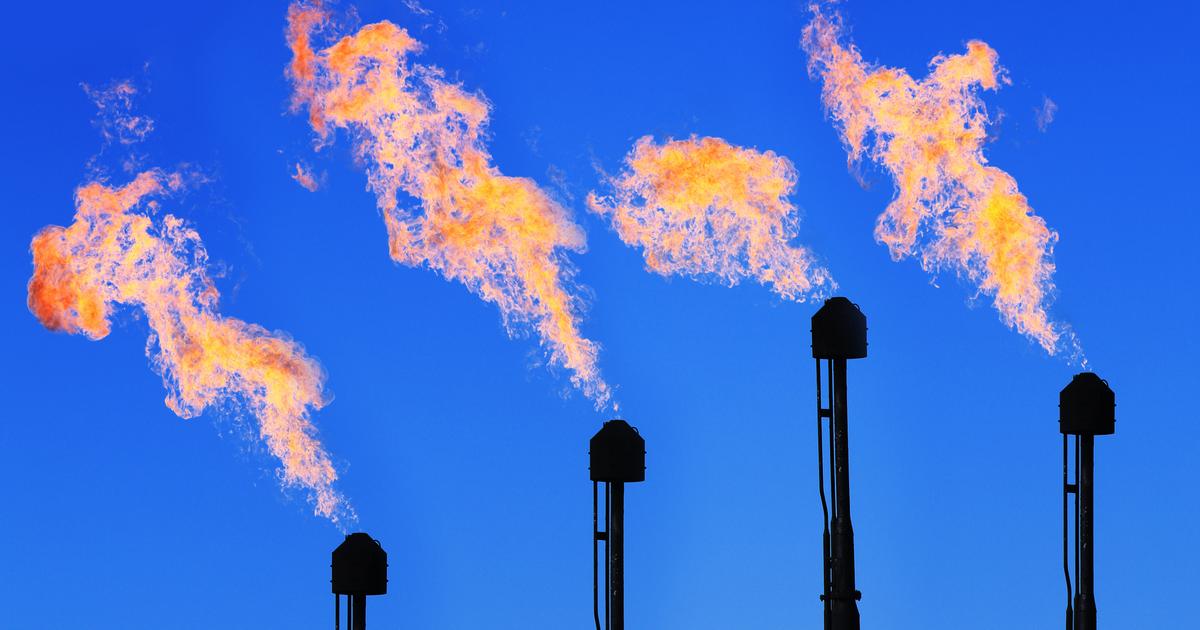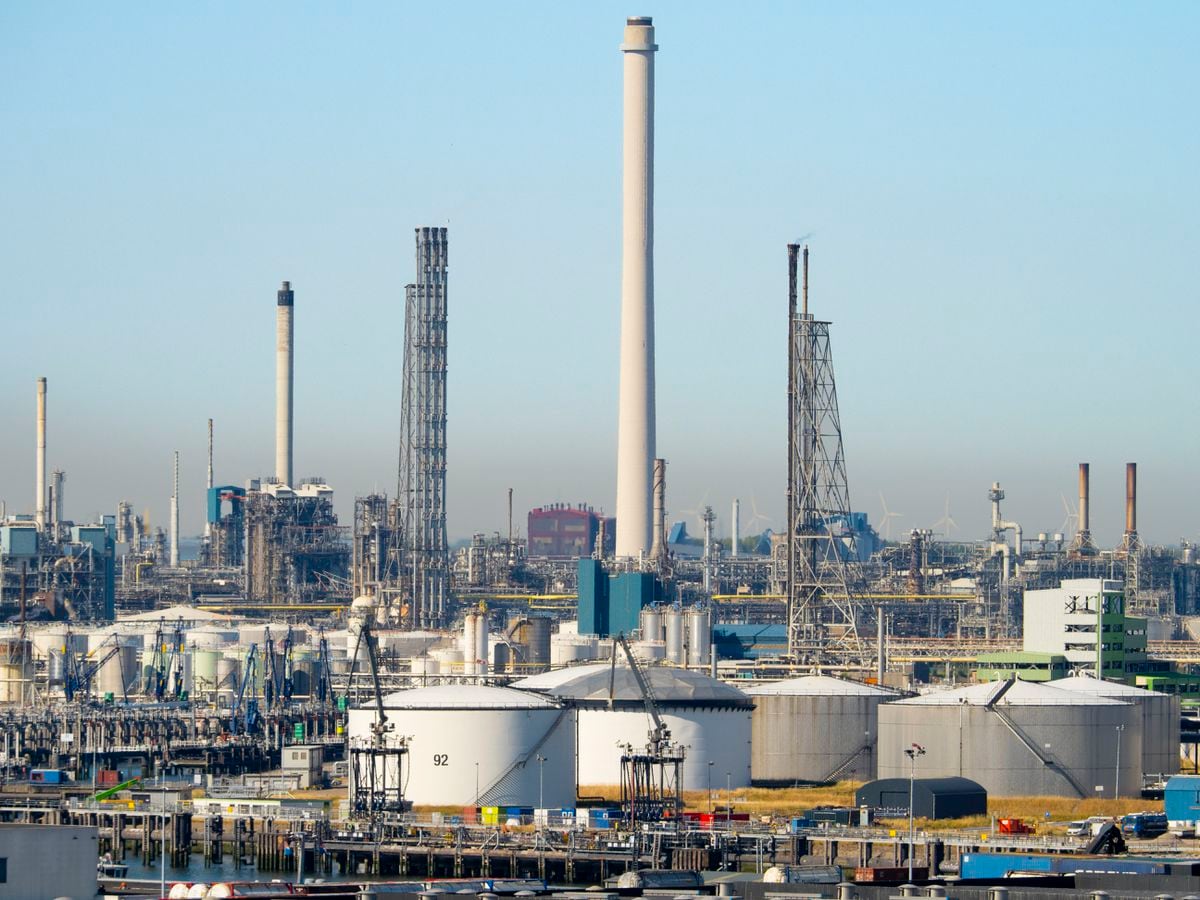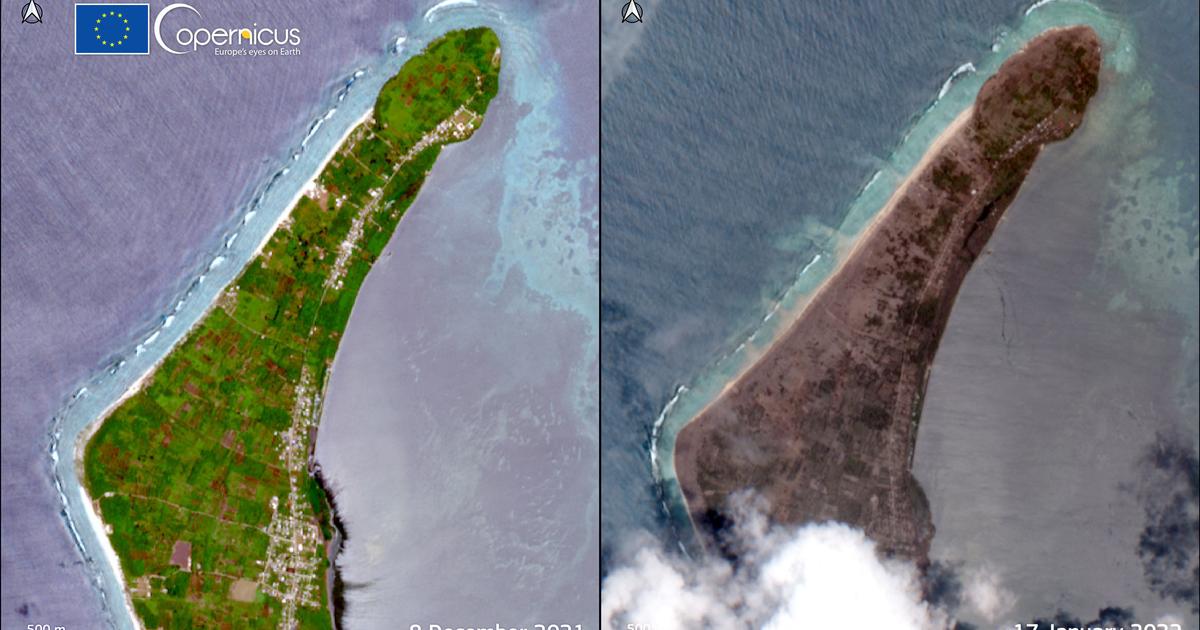Global emissions of methane, a greenhouse gas much more potent than CO2, increased by 9% between 2006 and 2017, mainly from the energy and agriculture sectors, according to a study published Wednesday.
While 40% of these emissions are of natural origin (emissions from wetlands in particular), around 60% are due to human activities, according to this study conducted by more than 100 international researchers under the aegis of the Global Carbon Project.
Methane is the second anthropogenic greenhouse gas after carbon dioxide (CO2), but its warming effect is 28 times greater per kilogram than that of CO2 over a 100-year horizon. Its atmospheric concentrations have more than doubled since the start of the industrial era, reaching 23% of the global warming produced by greenhouse gases.
Far beyond the Paris agreement
The increase calculated by the researchers (from the productive activities observed and atmospheric measurements) corresponds to climatological scenarios of strong warming, between +3 and 4 degrees in 2100. Or well beyond the objectives of the Paris agreement from 2015, to maintain the overall rise in temperature "significantly below 2 ° C compared to pre-industrial levels, by continuing the action taken to limit the rise in temperature to 1.5 ° C". To meet this last objective, greenhouse gas emissions should drop by 7.6% annually, according to the UN.
"If we want to respond to the Paris Agreement, we should not be content with limiting carbon dioxide emissions, we must reduce them as well as those of methane," warns Marielle Saunois, from the Laboratory of Climate Sciences and the Environment (CEA / CNRS / University of Versailles Saint-Quentin), which coordinated this study.
The researcher argues for a more regular quantification (this is only the second type study) of methane emissions, like what is done for CO2, "because the reduction of emissions can quickly be beneficial for the climate ”, notably due to its shorter lifespan in the atmosphere than CO2.
Newsletter - The essentials of the news
Every morning, the news seen by Le ParisienI'm registering
Your email address is collected by Le Parisien to allow you to receive our news and commercial offers. Find out more
No increase in Europe
Over the period studied, agriculture is, according to researchers, responsible for the majority of anthropogenic emissions (linked to human activity) of methane, with 30% coming from livestock herds (digestive fermentation and manure) and 8 % for rice cultivation.
In terms of fossil fuels, the exploitation of oil and gas represents 22% of anthropogenic emissions and the extraction of coal 11%. Solid and liquid waste management accounts for 18% of emissions and biomass and biofuel fires 8%, the rest of the emissions being linked to transport and industry.
Regionally, the tropical regions are the most emitting (64% of the total, in particular due to the numerous wetlands). The regions with the highest emissions are South America, Africa, South East Asia and China. Emissions are increasing in all regions of the world except Europe.
Researchers are also worried that emissions will increase sharply from permafrost areas (permanently frozen ground) under the effect of warming, but note that there is “no signal yet going into this meaning ".














/cloudfront-eu-central-1.images.arcpublishing.com/prisa/S7ERVSCT4FUVX6R7TUVBDNTH5Y.jpg)
